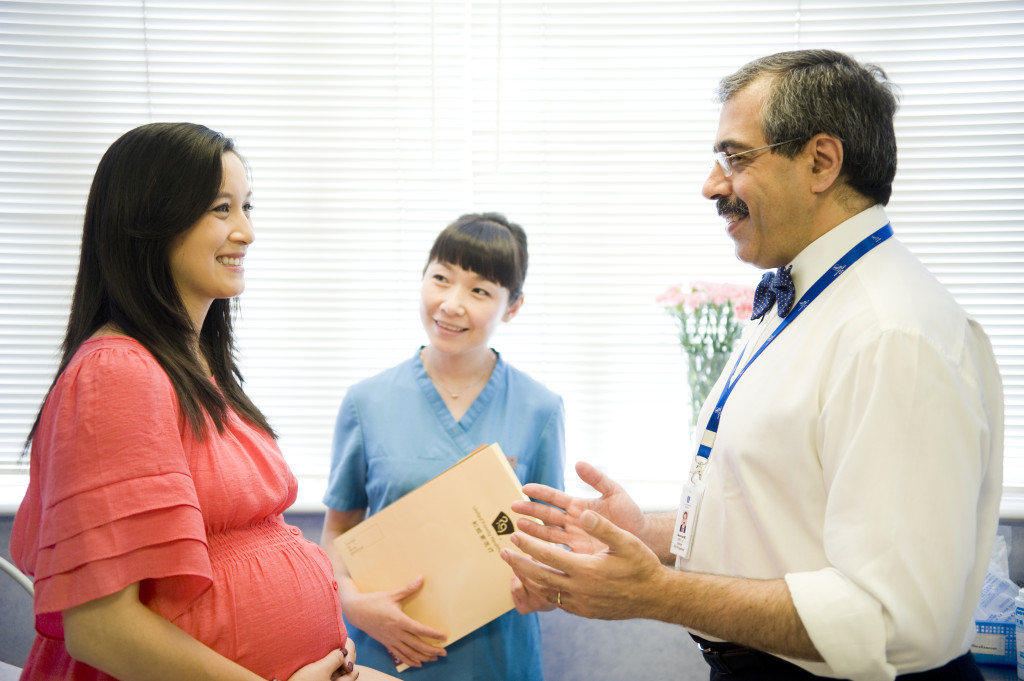When China’s new leadership designated improvements to public healthcare as a priority it was made clear that private hospitals would need to play an important role in facilitating this plan. By increasing the number of private hospitals, which will cater primarily to middle class Chinese, the Ministry of Health hopes to increase overall inpatient and outpatient visits to private facilities from eight per cent in 2012 to 20 per cent by 2015. This should ease pressure on currently overstretched public hospitals, which in turn should free up limited funds to make improvements, particularly to facilities in rural areas that are badly in need of expansion and modernisation.
This opens up fresh opportunities for foreign direct investment in the private healthcare industry. As of January 2012 China’s Foreign Investment Catalogue moved investment in private healthcare into the ‘encouraged’ category.
Private healthcare operations can also now be 100 percent owned by foreign investors. This is positive news for foreign players like Chindex International Inc the first, and largest, foreign-invested healthcare provider in China who operate United Family Healthcare in Beijing, Shanghai, Guangzhou, Wuxi and Tianjin.
Carl Hayward met with Dr Masoud Afnan, Chief Medical Officer, Obstetrician and Gynaecologist at Beijing United Family Hospital, to discuss some of the differences in the approaches to European and Chinese healthcare. Dr Afnan, a specialist in In Vitro Fertilisation (IVF), was Clinical Director at the Birmingham Women’s Hospital in the UK prior to his move to China in May 2010.
Currently expats make up around 50 per cent of Beijing United’s total patients, but it is wealthy Chinese that are their growth area, so defining a model of care that works for Chinese patients will be vital to their continued success.
How developed is the field of IVF in China?
There are about a dozen or so IVF units here, each of which do around ten thousand IVF cycles per year, which is a lot. Most programmes in the UK will do around a few hundred. Having said that there are also many IVF units here that do a few hundred per year as well. I’d say the training system here is very different too, in fact to do IVF you only need go on a three-month course and observe, so I think there is a risk that there are some people who aren’t as well trained, although I think the top people here are internationally renowned.
What do you think is the key to providing better patient care?
I think it’s a commitment to real bottom-up quality. The way that healthcare in China is generally run is that you have these academies in various specialities, and they send out their guidelines, which is a very efficient way of doing things but it is very top-down. I think there needs to be a real commitment at the individual level to quality, not just ticking a box because that’s what they have to do to comply with whatever gets sent down, and that requires a really good understanding of the issues at the local level.
What are the areas China can learn from European medical practices, and vice versa?
Taking the UK as an example, it’s a very socialist set up so cost effectiveness is a very important factor. In China logistics isn’t really an issue, if you need to get something done you can just put more people on it. I think doing things effectively and efficiently but having the pressure of trying to work within a fixed budget actually improves care.
Having family medicine or general practice as the gatekeepers to the more expensive, hospital-based, specialist services will also improve things. This model doesn’t currently exist in China, although we’ve just started a centre for Primary Care to show what it could look like, so I think that’s something else that can be learned from.
In terms of what we can learn from the Chinese, they’re very holistic, whether it’s TCM [traditional Chinese medicine] or acupuncture, they tend to look at the bigger picture and I think that’s useful.
Also the Chinese can make things happen very quickly, which comes from this top-down approach. In the last decade they’ve pretty much halved maternal mortality—I don’t know if that’s the best in the world but it’s a huge achievement.
They can do things on a societal level and a policy level very efficiently. There is a government structure that lays out policy and everybody follows it.
Have you come across a TCM treatment in IVF here?
Yes. One of the doctors that we work with, she is a very senior Chinese professor, she does IVF and will often use TCM.
Do you believe in the benefits of TCM?
I’m always someone who wants to see the evidence. If there is evidence of benefit then I would go down that route, if there is evidence of harm then obviously I wouldn’t, and if there is no evidence then I would explain to the patient that we don’t know what does or doesn’t work, but this might work.
What are the main differences in the priorities between Chinese and Western patients?
If you go to see a GP [general practitioner] in the UK they might say to you “wait two days and if you don’t get any better come back to me for treatment”, whereas here they really want a treatment. They want their antibiotics—two tablets might be better than one, IV is certainly better than tablets. Of course, that’s not right, but they want an active treatment prescription.
Also in a hospital like this Chinese patients can be very demanding. If they’re paying a lot of money they want a perfect outcome, and of course medicine is not perfect. There is always a risk of complications, so managing expectations amongst Chinese patients can be challenging.



Recent Comments